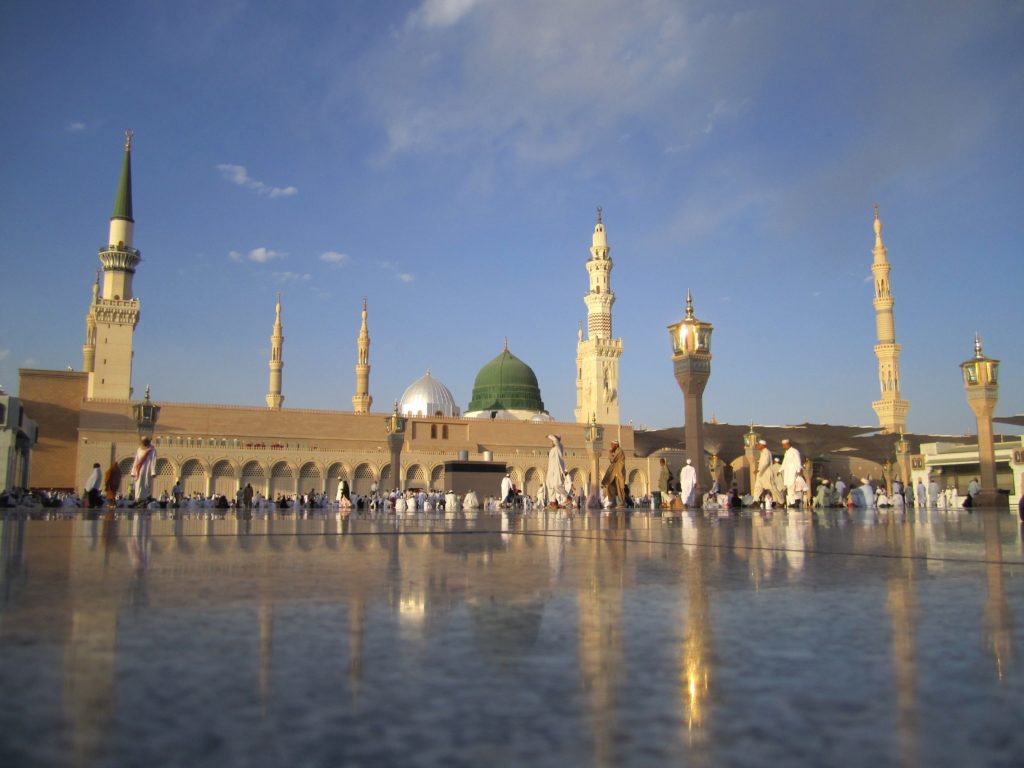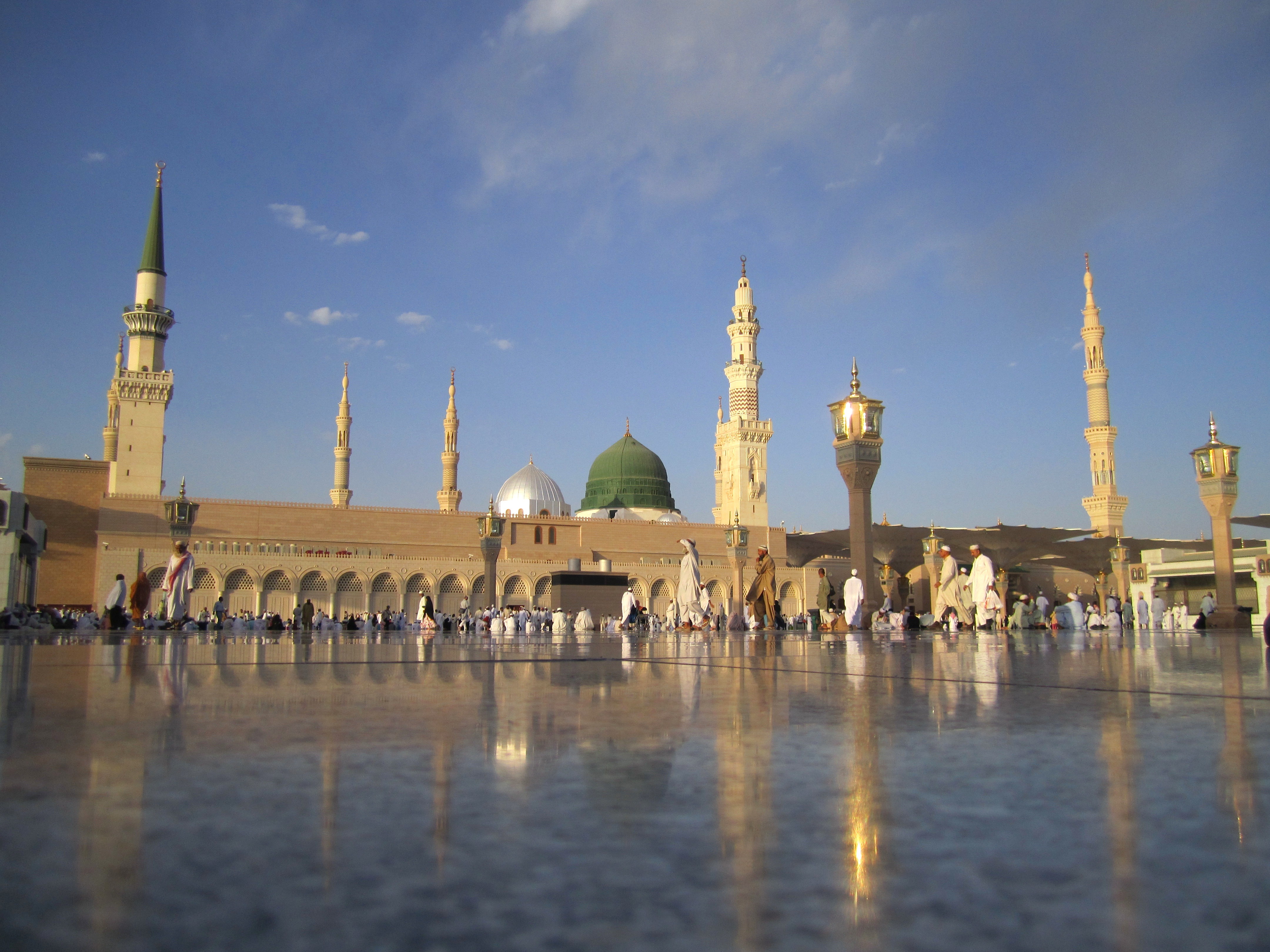Remembering the Falklands
The news story about British sailors captured by Iran reminds me of a crisis between Great Britain and another nation that occurred 25 years ago. 25 years ago today, on April 2, 1982, the Falklands War began when the Argentine military occupied the Falklands Islands (Islas Malvinas) in the southern Atlantic Ocean (it was not officially a war, because neither the British nor the Argentinians declared war during the conflict). Two weeks earlier, the Argentine Navy occupied two other sparsely-populated archipelagos, the South Georgia Islands and the South Sandwich Islands. All three island groups are disputed territory. They remain territorial possessions of the British, although the Argentinians claim sovereignty over them as well as a large section of Antarctica. The British also claim virtually the same portion of Antarctica. The Falklands War ended on June 12, 1982, when the Argentine military surrendered to the British.
Here’s a memorial in Rio Gallegos, Argentina on coast of the Atlantic Ocean dedicated to the Argentine soldiers who lost their lives during the Falklands War. We passed through town and visited the memorial in January 2009, on our way from Tierra del Fuego to Chile.

 Paraguay (my home in 2007) was not directly involved in the dispute. However, it affected Paraguay because Argentina has traditionally loomed large in Paraguayan history, and their relationship has generally been less than amicable. Many Paraguayans were sympathetic to the British in this conflict. The “war” was one of the seminal events of the latter half of the 20th century in South American politics. To this day, territorial disputes between Argentina, Chile, and Great Britain over territory ranging from the Beagle Channel to the Falklands (Isla Malvinas) to Antarctica remain unresolved. Paraguay is not involved in any of these disputes. However, it lost territory to Argentina following its defeat in the War of the Triple Alliance (1864-70), and its territorial claims were never fully resolved by treaty.
Paraguay (my home in 2007) was not directly involved in the dispute. However, it affected Paraguay because Argentina has traditionally loomed large in Paraguayan history, and their relationship has generally been less than amicable. Many Paraguayans were sympathetic to the British in this conflict. The “war” was one of the seminal events of the latter half of the 20th century in South American politics. To this day, territorial disputes between Argentina, Chile, and Great Britain over territory ranging from the Beagle Channel to the Falklands (Isla Malvinas) to Antarctica remain unresolved. Paraguay is not involved in any of these disputes. However, it lost territory to Argentina following its defeat in the War of the Triple Alliance (1864-70), and its territorial claims were never fully resolved by treaty.
Thinking of Jeddah
I was going to write today about my personal computer woes, but the terrorist attack on the U.S. Consulate in Jeddah today dampened my enthusiasm. Problems I thought were big seem so trivial compared to what happened. No matter where your opinion falls on political issues, you probably agree that this incident was very tragic. I worry for my colleagues there. Fortunately, they’re all safe. No Americans were killed, injured, or taken hostage during the attack. I’m very sorry to hear that some of the local employees were killed and injured. My heart goes out to all of them. Jeddah is a very tense place now. In fact, the entire Kingdom is very tense in the run up to their first national election to be held between February and April of 2005. The Consulate had been on evacuation status earlier this year, and just when things seem to get back to normal, this happens.
I am glad that I will be heading to Seoul, Korea instead of Saudi Arabia. Granted, I will be about 30 miles from one of the most dangerous places on earth, the Korean DMZ. Seoul itself is very safe despite the DPRK mortar shells within range of the city. War is for the most part out of sight, out of mind–until incidents like these attacks occur. The road between Seoul and Kaesong in North Korea reopened on December 1, 2004, for the first time in more than 54 years. It’s part of a new endeavor by the two Koreas to establish an economic zone in Kaesong and promote economic cooperation. Perhaps this will lead the two countries to work closer together and decrease tensions in the region.
I remain hopeful. I hope that what happened in Jeddah today or far worse never happens in Korea.

World Adventurers Magazine
 |  |  |
|
 |  |  |  |
 |  |  |  |


